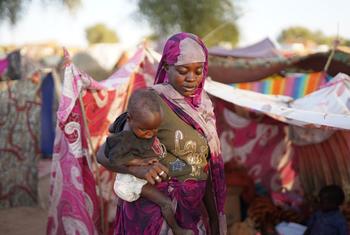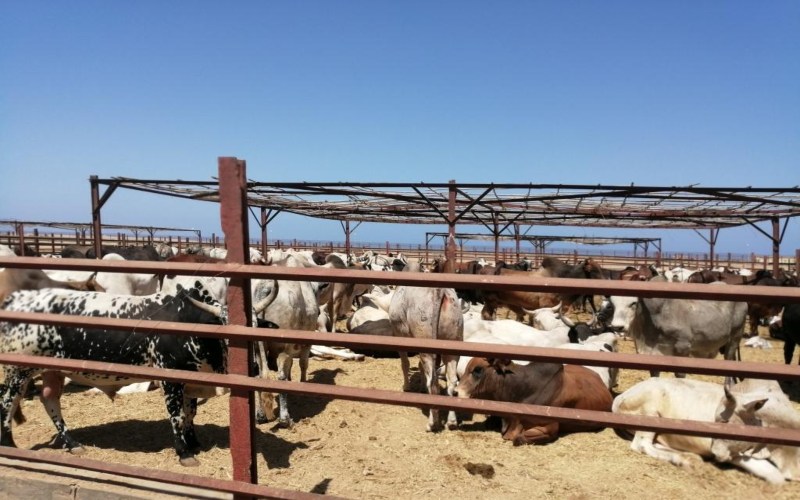Kenya losing over Sh18 billion annually to tsetse fly-linked livestock diseases — CS Kagwe

Kagwe made the remarks while opening the 37th International Scientific Council for Trypanosomiasis Research and Control Conference in Nairobi.
Kenya suffers massive financial losses from livestock diseases linked to the tsetse fly, Agriculture Cabinet Secretary Mutahi Kagwe has said.
He warned that trypanosomiasis, combined with the tsetse fly threat, costs the nation more than Sh18 billion annually, posing a serious challenge to livestock and agricultural production.
More To Read
- CS Kagwe announces policy overhaul for sugar, tea and miraa to protect farmers’ earnings
- CS Kagwe urges bold reforms in agriculture sector as Intergovernmental Agriculture Forum opens in Naivasha
- CS Kagwe orders integrated pest management to save macadamia nuts
- Government targets illegal seed dealers in bold move to safeguard farmers from counterfeits
- Refugees join Turkana’s livestock watchdog network after intensive animal health training
- CS Kagwe says Kenya imports five billion eggs annually, urges farmers to boost local production
Kagwe made the remarks while opening the 37th International Scientific Council for Trypanosomiasis Research and Control Conference in Nairobi.
He urged researchers to intensify efforts to find solutions to eliminate the disease. Kenya is among 38 African nations affected by the tsetse fly, with nearly a quarter of its land under infestation.
“This has significant implications for our livestock and agricultural productivity, particularly in the rangelands where over 70 per cent of our livestock population is reared. The estimated annual loss due to tsetse and trypanosomiasis in Kenya is around $143 million (Sh18.5 billion),” Kagwe said.
He emphasised that the fight against the disease requires cooperation across borders and sectors, as it is a problem that transcends national and professional boundaries.
Sub-Saharan Africa continues to face the effects of tsetse flies and trypanosomiasis, making coordinated scientific action critical.
The weeklong conference focuses on ‘Harnessing One Health Technologies and Innovations Towards Eliminating Trypanosomiasis in Africa’, bringing together experts to share strategies and research outcomes.
Kagwe highlighted Kenya’s participation in the Pan African Tsetse and Trypanosomiasis Eradication Campaign, an African Union initiative aimed at reducing the impact of the disease continent-wide.
“We have made notable progress, and areas previously plagued by tsetse and trypanosomiasis challenges can now support profitable agriculture,” he said.
Human African trypanosomiasis, also called sleeping sickness, is caused by protozoan parasites of the Trypanosoma genus and is transmitted to humans by tsetse flies that have fed on infected animals or people. Only certain species of the fly spread the disease, which primarily affects rural populations involved in farming, livestock keeping, hunting, or fishing.
Kagwe noted a major milestone for the country, saying that on June 16, the World Health Organisation confirmed Kenya had eliminated sleeping sickness as a public health concern.
Top Stories Today












































